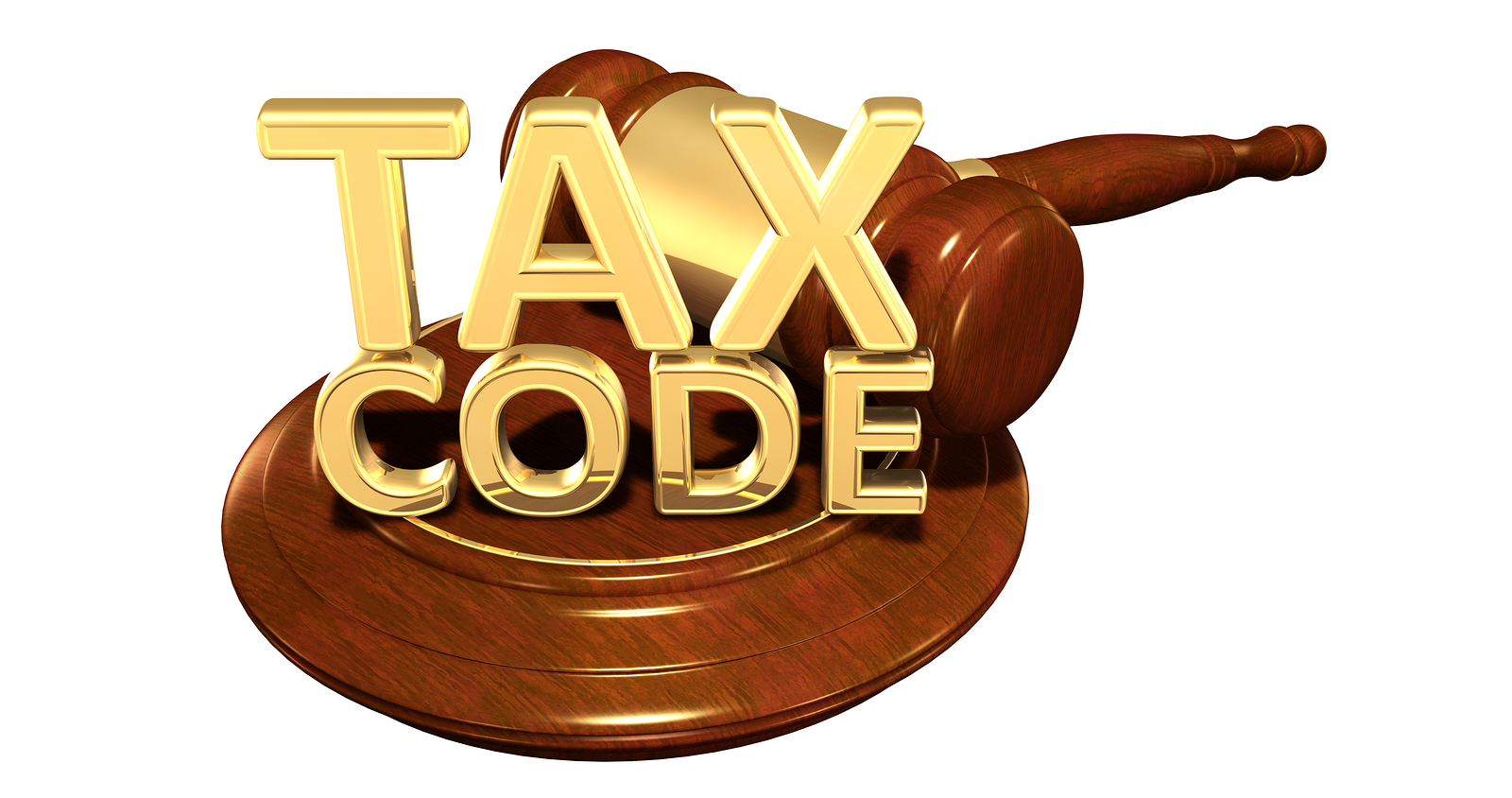
The plan is called unaffordable and unfair. A common concern is that capital gains and dividends are taxed at a lower rate than income earned through actual work.
It’s also being described as unlawful, but will any of this stop the Treasury Department from using its regulatory power to change the way taxes on capital gains is assessed in the future?
Perhaps not.
On one hand, the intention has merit. Publicly held government debt stands at almost 80 percent of gross domestic product. No one would argue that it makes sense to confine what are now nominal gains into inflation-adjusted gains.
But is the Treasury Department’s proposition efficient?
Some say no, even though publicly held government debt is on track to rise to 150 percent of GDP over the next 30 years. Introducing another tax cut on top of this increase, say experts, would be ludicrous.
Of course there are always benefits to change, but rising apprehension points to whether those benefits outweigh the disadvantages. Basically, can the country afford this new tax cut?
Probably not. Once again, as with several other changes being made by the current administration, it appears benefits are heavily skewed toward the very wealthy. The new tax cuts would open new opportunities for tax avoidance by more affluent taxpayers. A costly mistake on several fronts.
Another issue of concern is this far-reaching adjustment to the tax code would be made without involving Congress.
A recipe for failure.
Wait a minute—didn’t the earlier reform also fail?
Yes. Fiscal fairness and efficiency were also issues, but ramifications of the new idea are bound to surpass those liabilities ultimately causing the plan to crash and burn. Cutting capital gains taxes in lieu of making other changes to support the plan will set the tax code back in the worst possible way.
Furthermore, indexing capital gains for inflation without indexing interest payments and depreciation will allow a virtual explosion of new tax shelters. Right. Less income for the government.
If Congress were looking out for average people, two changes could be incorporated in one piece of legislation:
1) Capital gains could be adjusted to inflation.
2) Income could be at the same rate, regardless of whether the income is generated by work or from investments.
What if a comprehensive plan were designed and raising rates and closing loopholes could deal with revenue shortfalls? Well, then the playing field could be leveled. An inflation-proof code might also be a step in the right direction.
That’s not likely to happen; at least for now.
Even while the current plan is not optimum, staying put seems to be a much better option than instituting the new plan by the Treasury Department.
A word of warning: if it’s not dropped now, we can look forward to the soon-to-follow legal fallout that will certainly ensue.
Stay tuned…
Tax codes can be confusing, especially with all the changes. Don’t wait until you’re lost at sea. We can help you navigate the murky waters and get you safely to shore. Contact us for information.





